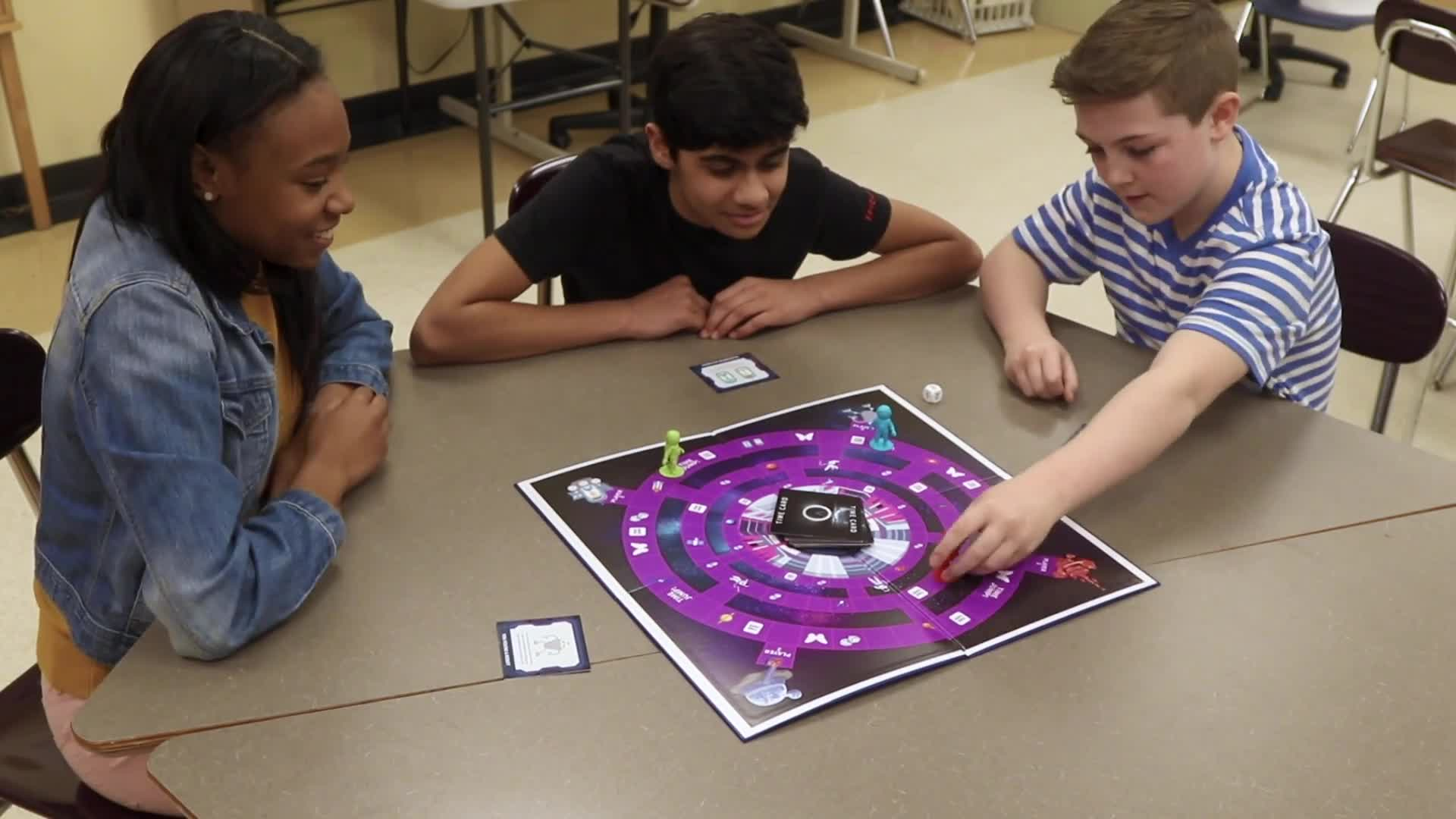
As educators, we understand the importance of teaching our students not only academic skills but also valuable life lessons. One such lesson is the concept of being a good sport when playing games with friends. In this blog post, we will introduce the importance of teaching good sportsmanship to students in special education, provide a no-prep activity for educators to use in the classroom, share some discussion questions, and suggest related skills for students to practice. Finally, we will encourage you to sign up for free samples of these skills and others at Everyday Speech.
Introduction
Good sportsmanship is an essential social-emotional skill that helps students develop positive relationships with their peers. When playing games, it is crucial for students to understand that the primary goal is to have fun and ensure everyone enjoys the experience. Being a good sport involves not bragging when winning, not complaining when losing, and respecting the rules and other players. Teaching good sportsmanship to special education students will help them build strong connections with their friends and foster a supportive environment.
No-Prep Activity
Here is a simple, no-prep activity for educators to help students practice good sportsmanship in the classroom:
- Divide the class into small groups of 3-4 students.
- Ask each group to choose a simple and familiar game to play, such as tic-tac-toe or rock-paper-scissors.
- Before starting the game, remind the students about the five steps to ensure everyone is happy while playing:
- Agree on a game.
- Make sure everyone knows how to play.
- Set up the game quickly.
- Say “good game” whether you win or lose.
- Help clean up after playing.
- Have the students play the chosen game, encouraging them to practice being good sports throughout the activity.
- After the game, bring the class back together and discuss the experience.
Discussion Questions
- How did it feel to practice good sportsmanship during the game?
- What challenges did you face while trying to be a good sport?
- How can you apply the concept of good sportsmanship in other situations outside of playing games?
- Why is it essential to respect the rules and other players when playing games?
- How does good sportsmanship contribute to a positive and supportive environment among friends?
Related Skills
In addition to good sportsmanship, there are other essential social-emotional skills that special education students can benefit from practicing. These include:
- Active listening: Paying close attention to others when they speak and showing empathy.
- Effective communication: Expressing thoughts and feelings clearly and respectfully.
- Conflict resolution: Addressing disagreements peacefully and finding fair solutions.
- Teamwork: Collaborating with others to achieve a common goal.
- Resilience: Bouncing back from setbacks and maintaining a positive attitude.
Next Steps
Teaching good sportsmanship and other essential social-emotional skills to special education students will help them build strong relationships with their peers and create a positive learning environment. To get started with incorporating these skills into your classroom, sign up for free samples of the discussed skills and others at Everyday Speech. By doing so, you will provide your students with the tools they need to succeed both in and out of the classroom.

